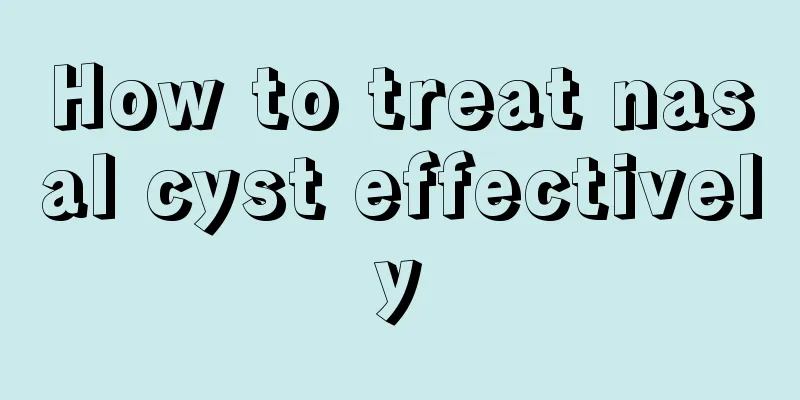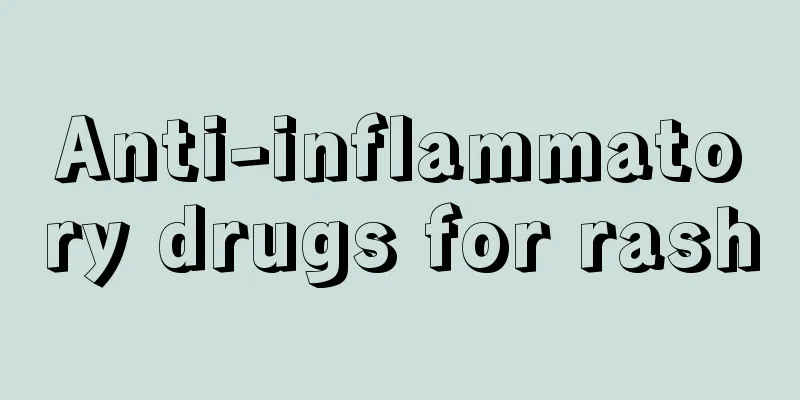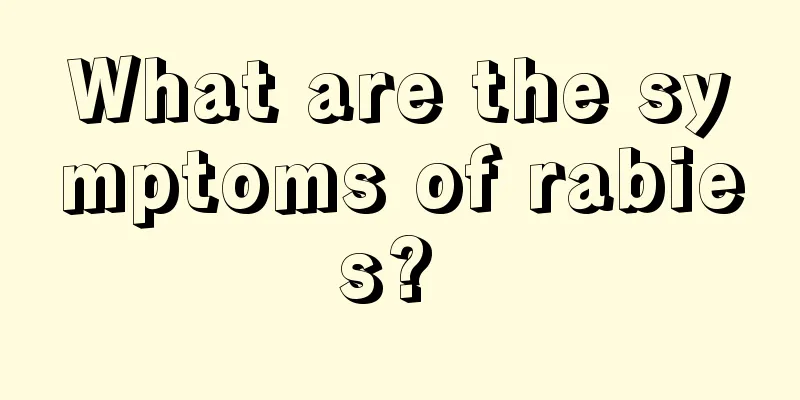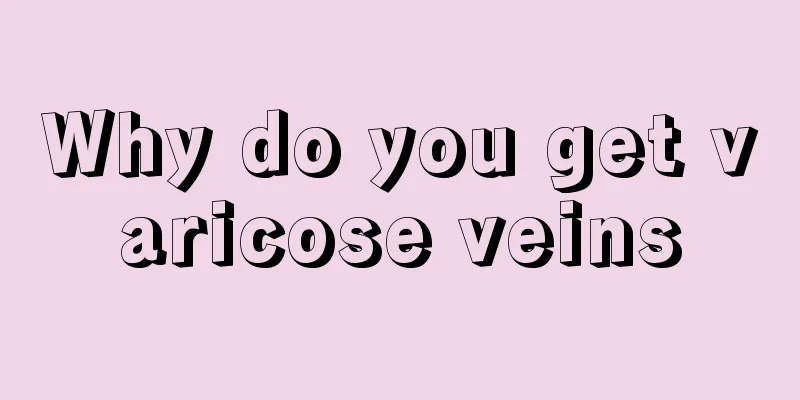Is it necessary to prevent colon cancer after cholecystectomy?

|
The main function of the gallbladder is to store bile. After eating, the gallbladder contracts, causing the stored bile to be discharged into the duodenum to help digestion and absorption of food. So, if the gallbladder is removed due to gallbladder disease, will it affect the body's digestive function and physical health? In fact, although this worry is reasonable, it is not completely correct, because the gallbladder is not an indispensable organ in the body. Many higher animals, such as horses, deer, elephants, whales, etc., are born without gallbladders, and their lives are not much different from those of some animals with gallbladders. A few people are born without gallbladders due to abnormal embryonic development of the gallbladder, but they still live the same life as normal people. After a cholecystectomy, the patient's original symptoms disappear immediately. Although the gallbladder loses the function of concentrating and storing bile, it does not have a significant impact on the patient's digestion and absorption functions. Scientific experimental studies have shown that the digestion and absorption function of patients after cholecystectomy is not much different from that of normal people. After the cholecystectomy of patients with cholesterol stones, the bile acid content in the bile will gradually increase, so that the supersaturated bile before the operation can gradually become normal bile. Therefore, as long as the bile duct stones are completely removed during the cholecystectomy, cholesterol stones will not recur. Therefore, cholecystectomy will not have an adverse effect on physical health and digestion and absorption, and there is no need to worry. Furthermore, after cholecystectomy, the bile duct wall will thicken, the mucous glands in the bile duct will increase, and the bile duct will often discharge bile into the duodenum to compensate for the loss of the gallbladder's function of storing and concentrating bile, while also not affecting the digestion and absorption of fat. Therefore, there is no need to avoid animal oil after surgery. If the human body consumes too little fat, it will not be beneficial to the body, but will be detrimental to human health. Of course, it takes a process for the body to recover and establish compensatory functions after surgery. The intake of animal fat and eggs should not be too much, and the fat content in food should also be gradually increased to allow the body to gradually adapt. No increased risk of colon cancer after gallbladder removal! |
<<: How can women prevent colon cancer
>>: How to prevent sigmoid colon cancer
Recommend
How to prevent smog_
In this smoggy weather, many people will always h...
What kind of exercise is suitable for liver cancer patients
Appropriate exercise and health care for cancer p...
What should I do if my teeth are easily broken
Teeth have a lot of exercise every day, and some ...
Cold hands and feet after exercise
Exercise is a way to keep fit. For people who nee...
What anti-inflammatory drugs should I take after chalazion surgery
Some people find that their eyes are purple-red a...
What tests should be done for cervical cancer
What tests should be done for cervical cancer? Ce...
What delicacies can be made with an electric baking pan
Nowadays, electric baking pans have become an ind...
It hurts when I press the middle of my chest
Many friends are particularly afraid of pain in t...
What are the effects of drinking Astragalus and Ophiopogon soaked in water?
What are the effects of drinking water soaked wit...
How to treat hair growing on birthmark
The birthmark itself has a very negative impact o...
Do you know the secret about the uterus
The uterus is the female reproductive organ, but ...
Is glass milk bottle better or plastic milk bottle better
Many mothers of babies are unable to breastfeed a...
Can milk storage bags be heated directly?
Milk storage bags cannot be heated directly. For ...
Erythrophobia is a disease and must be treated!
In this world, each of us has different personali...
How to avoid the consequences of failure of perforaminal endoscopic lumbar discectomy?
Perforaminal endoscopic lumbar discectomy is a re...









